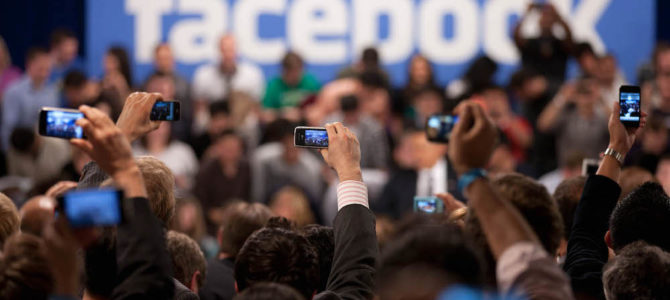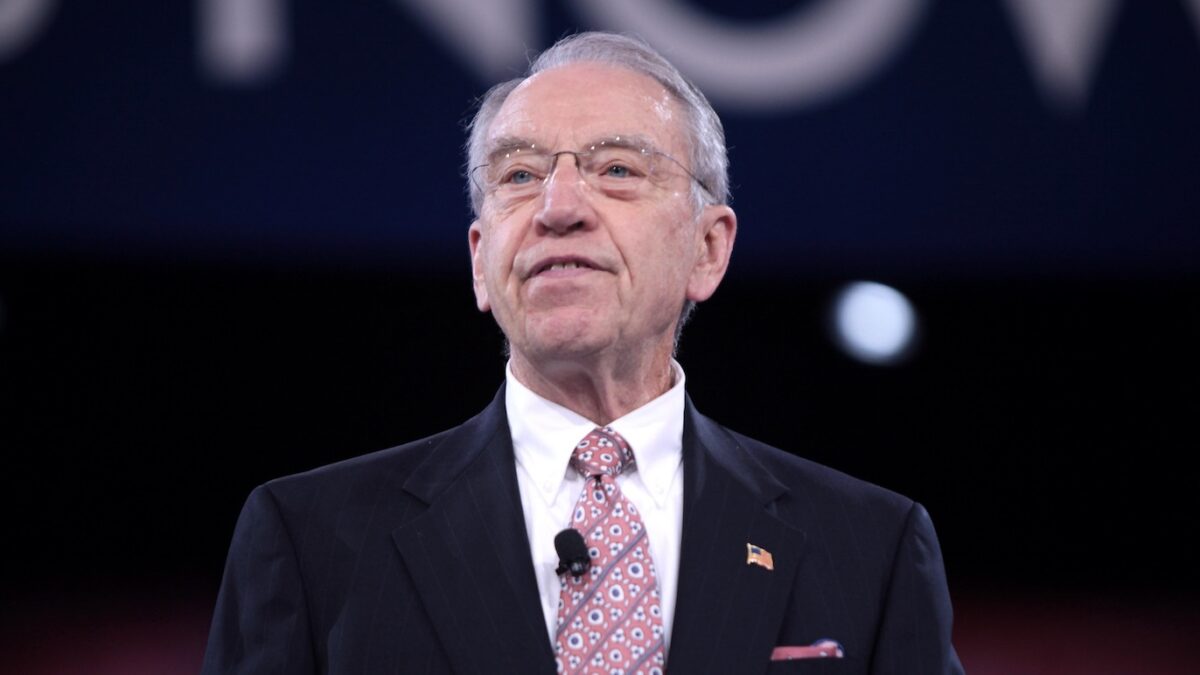Put this one in the category of something we all knew was probably happening. Though Mark Zuckerberg publicly claims that Facebook’s more than 3 billion users are all equal on his platform, in practice some users are more equal than others.
Documents released to The Wall Street Journal detail a program known as “cross check” or “XCheck,” which shields millions of VIP users from the company’s normal enforcement process. According to the Journal: “Some users are ‘whitelisted’ — rendered immune from enforcement actions — while others are allowed to post rule-violating material pending Facebook employee reviews that often never come.”
There’s all kinds of insane material in the story, including Brazilian soccer star Neymar getting away with posting revenge porn for over a day, and also this little nugget: “While the program included most government officials, it didn’t include all candidates for public office, at times effectively granting incumbents an advantage over challengers.”
All of this confirms, again, something that tech-skeptics have long argued: The massive, concentrated power of a handful of platforms protects the speech of the politically powerful, at the whims of non-democratically elected CEOs.
This story broke on Monday, just hours from the announcement that the Federal Election Commission found that Twitter’s actions to block circulation of a story critical of Hunter Biden in the weeks prior to the 2020 election did not constitute election meddling. (Hilariously, The New York Times still refers to the New York Post story about the younger Biden’s laptop as “unsubstantiated.”)
It is absurd to claim that the suppression of information and political speech on dominant social media platforms — because it wasn’t just Twitter blocking the story, it was Facebook as well — has no meaningful effect on political discourse and outcomes. It is common sense that, as these platforms become the primary source of news for many and drive narratives across the broader press, they now represent key points of political infrastructure.
A self-government cannot sustain itself if its political speech and information gathering is distorted and contorted — either by the government or by corporate actors whose power over speech clearly exceeds that of the government. It is the job of Silicon Valley innovators to innovate. But it is the job of our representative government to set limits that align with our republican form of government. There is more and more evidence that congressional action and, where appropriate, antitrust enforcement is both necessary and warranted.
This post has been updated.









